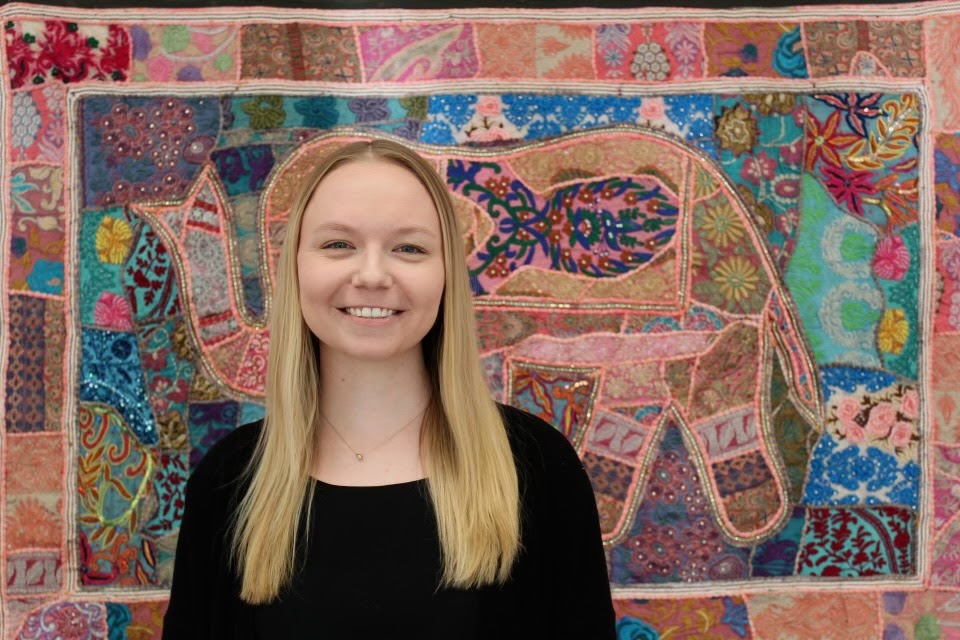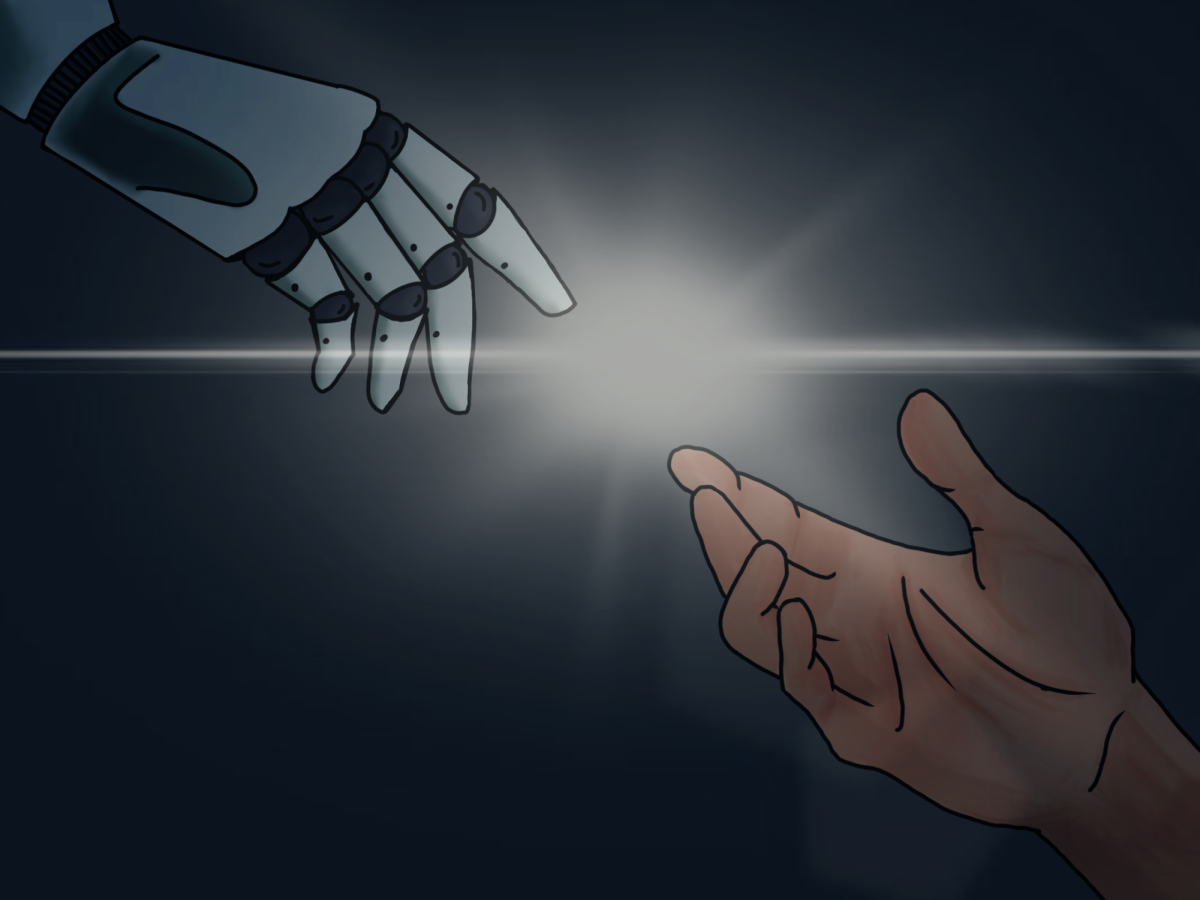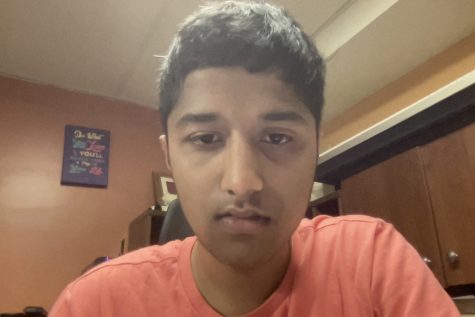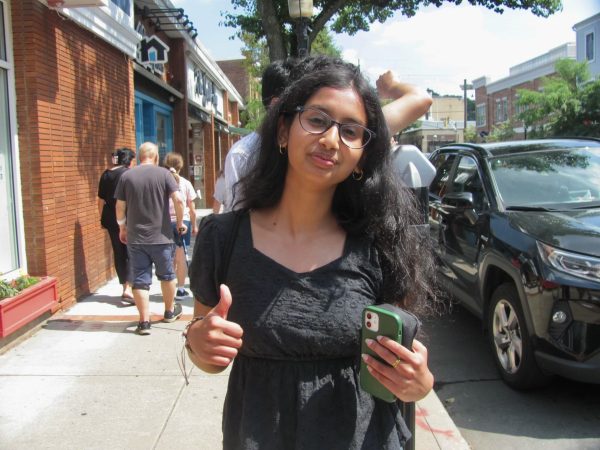Remember when everything was crumbling around you? Or when you felt like everyone was out to get you? It’s not because of that “darn teenage brain” as adults like to put it. We see ourselves as complex, superior beings, but the truth is that we are creatures of habit, according to PyschoGo.com. Once we get into a mood, it’s hard to snap out of it. We find ourselves constantly stuck in this never-ending loop of irritation and dejection over and over again for seemingly no apparent reason.
But that’s just life, we think to ourselves. Yet, when someone simply holds the door for you or when a complete stranger picks up the calculator you dropped on the ground, you feel the world under your feet spin. Even if it was the smallest, most insignificant thing in the world that they did for you, your facial muscles involuntarily tighten and you feel your lips moving on their own to thank them. And just like that, you find yourself out of that terrible mood you were in, almost like a natural high enveloping your mind and senses. Why were you even angry again? It was such a silly thing to be mulling over. Then you walk away with a noticeable spring in your step.
That is a prime example of the power of kindness, or as Mrs. Solak, an AP Seminar teacher at JP Stevens likes to put it, the “collaboration between students to strengthen communication, cooperation, and empathy”- key skills needed to succeed in life.
After all, the reason why you’re reading about how “this person saved someone from a burning building” or how “this person visited their grandma” is always associated with that warm, fuzzy feeling is that an act of kindness is a selfless act that benefits all. Mrs. Solak has certainly experienced this lesson firsthand through her many years of teaching and through her early childhood experiences of reading and writing for peers, which is also where she got her love for English. “One year I had received a card from a student,” she said, mentioning how it contained a thank you for teaching us “how much of a difference being positive makes on the people around you.” When we are shown and then reciprocate selfless acts of kindness, our “reward section” of the brain activates and provides us with a dopamine boost, according to PremeirHealth.com. This is why the nicest kid always seems the happiest. They show decency to others, and in return, they receive decency; a give-and-take scenario, if you will.
However, there’s a twist that people tend to ignore when considering empathy and kindness. A certain misconception that if ignored, tends to completely negate the effects of your actions.
Say it with me. Kindness consists of being friendly to yourself as well as being friendly to others. Logically, a person cannot help others if they cannot help themselves. Mrs. Solak ensures her students can understand and improve themselves by developing “healthy habits”. From simply “getting 8 hours of sleep each night” to “working out daily,” these healthy habits are designed so that students can constantly enact “kindness” to themselves. By bettering themselves, they develop better skills to help and inspire others.
Through random acts of kindness, you can truly brighten up someone’s day. Keep in mind, however, that to be kind to others, you must also be kind to yourself. In a world where families struggle to feed themselves, where nations fight in neverending conflicts with each other, and where uncertainty and doubt plague our future, it never hurts to show empathy and virtue. Who knows, maybe you might influence the right people to change the world for the better.
As the saying goes, “No act of kindness, however small, is wasted.”







































